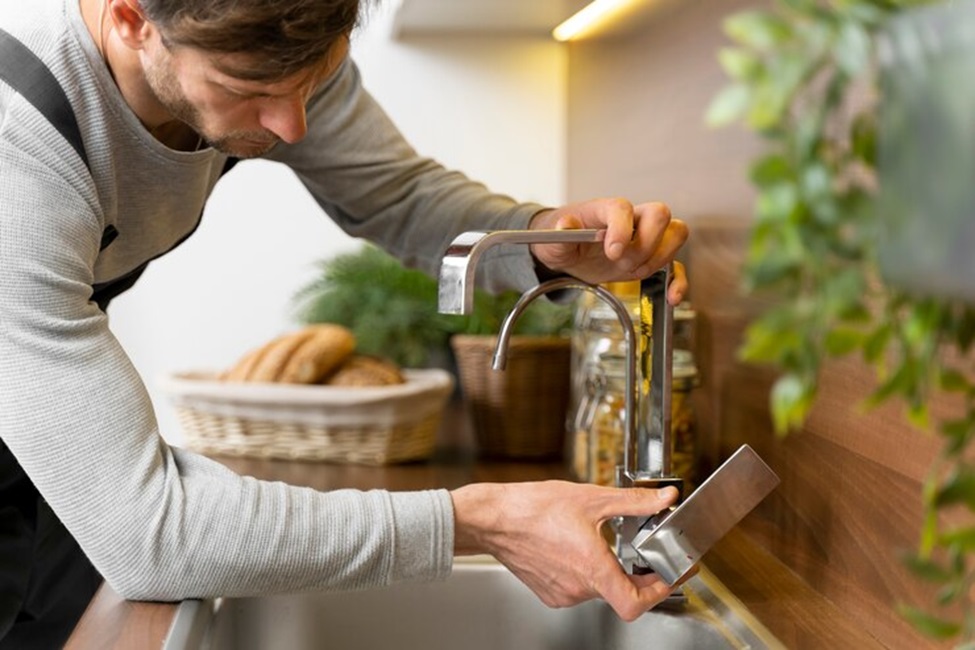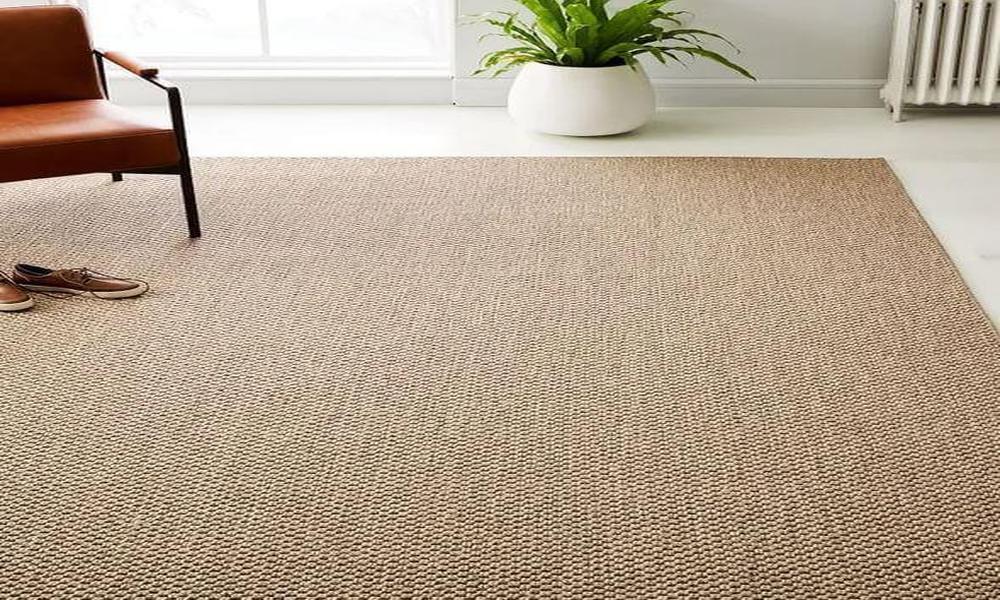
The availability of clean water greatly enhances the comfort and health standards of homes that require these services. Nevertheless, it is always vital to ensure that water is of the best quality, at least most of the time.
Some of the aspects that cause changes in the taste, hardness, or even safety of water include mineral content, external contaminants, or even plumbing problems.
1. Understand Your Water Source:
The first tip for achieving healthy home water is to have insight into what you are using.
- Municipal vs. Private Well: Municipalities treat public water supplies, whereas private wells are private and must be treated as such and with different solutions. The type of source that you have will determine your approach to maintaining it.
- Water Testing: Nonetheless, it is recommended to seek professional laboratory analysis of your water source if possible. This test will show the presence of such interferences as bacteria, iron, or hardness in the finished product.
2. Invest in Regular Maintenance:
You should therefore ensure that your home water system is well maintained to ensure it functions appropriately and for quite a long time.
- Drain and Flush: Regularly drain and flush your water heater so as to remove deposits that will otherwise result in poor efficiency and quality water.
- Clean Faucet Aerators: Debris, specifically minerals, can accumulate within the nozzles of a faucet, causing a decrease in water flow. It is recommended that you clean these aerators frequently in order to enhance the flow of water pressure.
- Inspect and Replace Hoses: Check water hoses for damages or cracks and get them changed as and when required to avoid an incidence of water leakage.
3. Consider Water Treatment Services (Optional):
Depending on your water test results, water treatment services might be necessary to address specific concerns. Here’s how these services can help:
- Customized Solutions: Water treatment professionals can analyze your water test results and recommend a treatment system tailored to your specific needs.
- Treatment Options: Various treatment options are available, such as filtration systems for removing impurities, high pressure pumps for boosting low water pressure, or water softeners for addressing hard water issues.
- Professional Installation and Maintenance: Professional water treatment companies can handle the installation and ongoing maintenance of your treatment system, ensuring optimal performance and peace of mind.
4. Address Plumbing Issues Promptly:
Despite maintaining plumbing systems, issues may arise at times.
- Leaks and Drips: Leaking faucets, pipes, or valves are not only time-consuming to fix but also may cause wastage of water or may even lead to major water damage if not repaired for some time.
- Reduced Water Pressure: There are some inconveniences that result from having a low water pressure, for example, showering and washing clothes.
- Discolored Water: A shift in water hue or transparency may point to a plumbing issue or a water quality issue.
5. Upgrade for Efficiency (Optional):
Although it is not necessary for all, certain parts of the plumbing can be changed to make it more efficient and to save water.
- Low-Flow Faucets and Showerheads: Such fixtures do not use a lot of water yet provide this level of performance; thus, they would assist you in conserving water and can cut on your water bill as well.
- Tankless Water Heaters: Tank water heaters heat water as it enters the shower and therefore do not incur the energy losses incurred by traditional water tank heaters.




